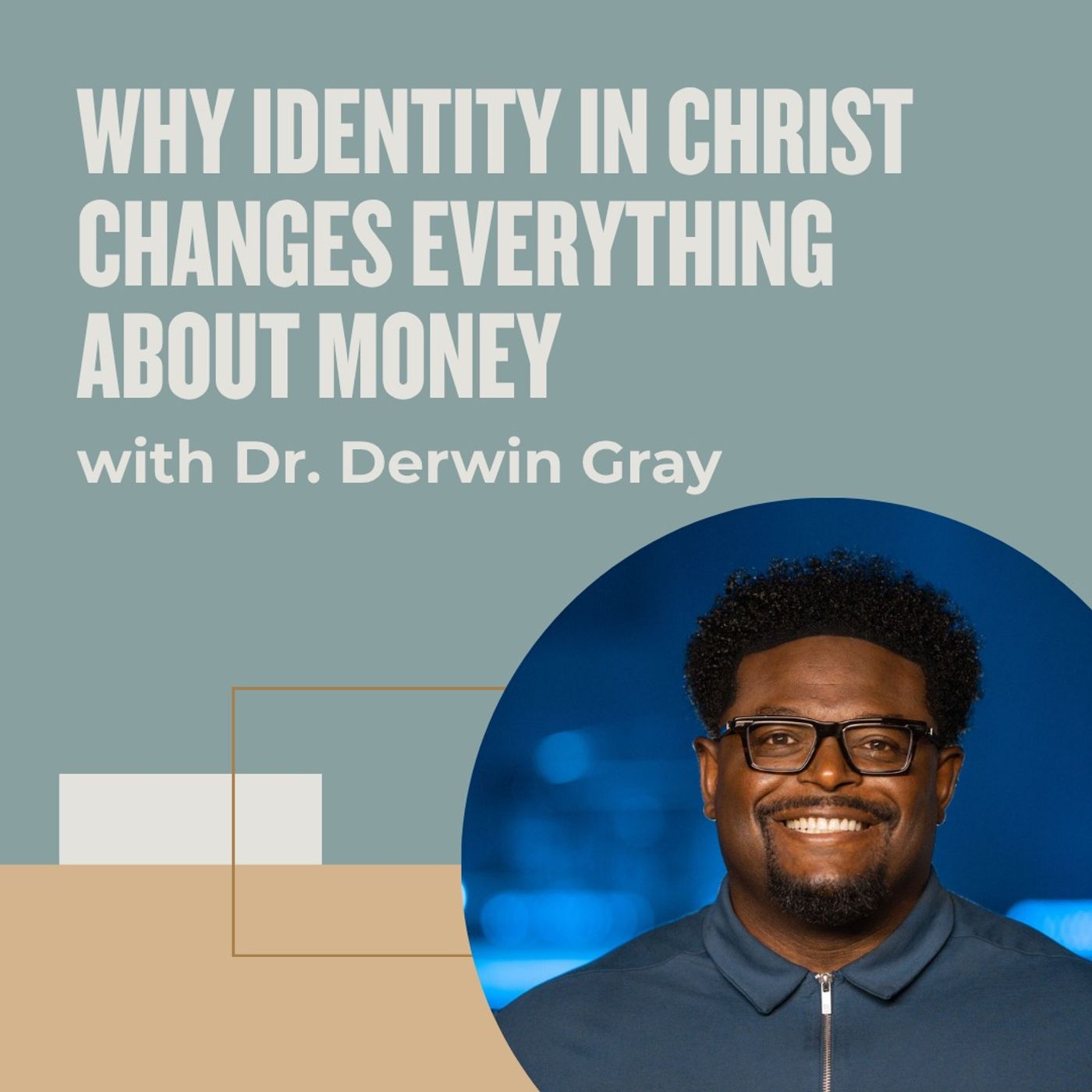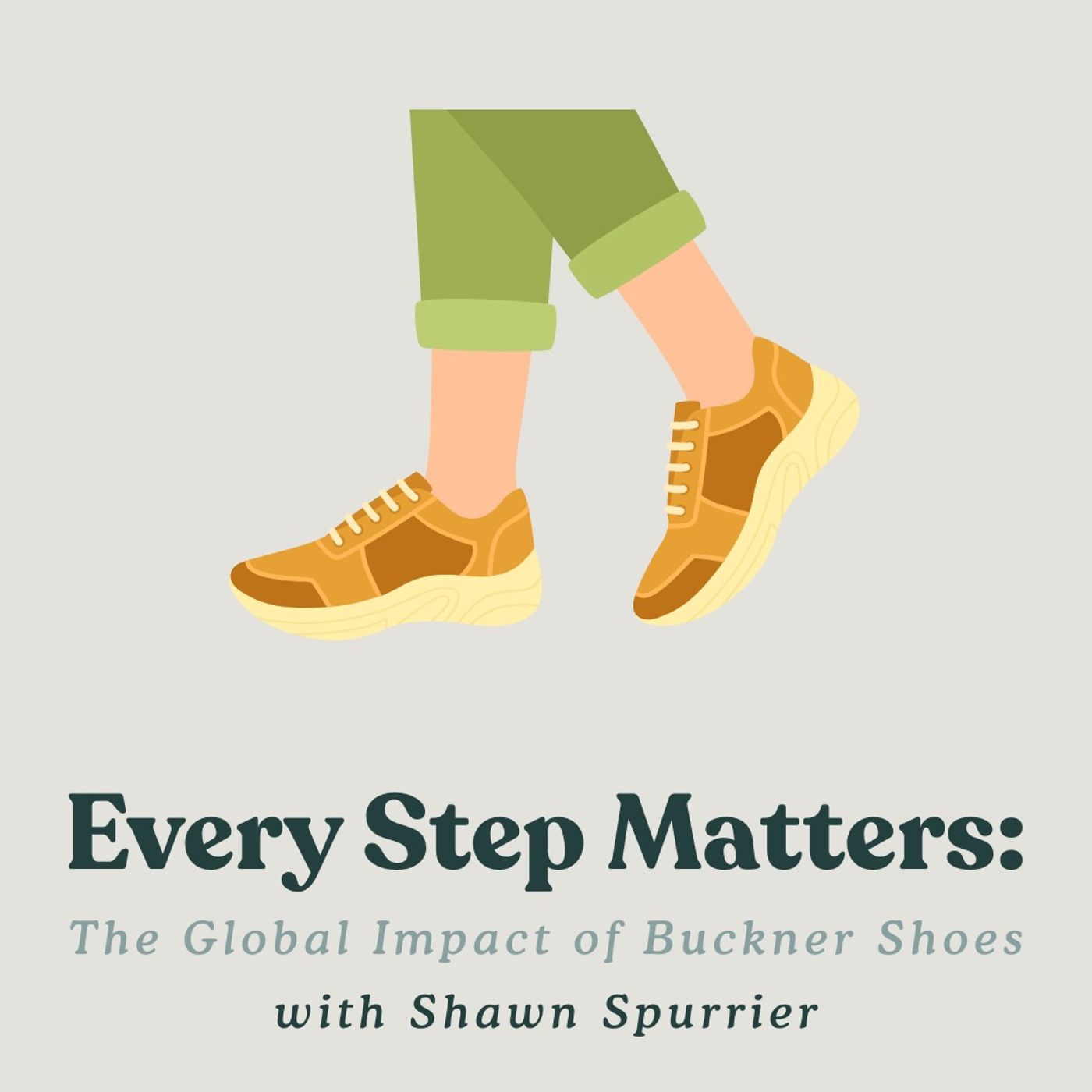Shining Christ’s Light Through Proxy Voting with Will Lofland
Description
If you have a 401(k) or an IRA, you may not realize that proxy voting gives you a voice in the companies you own—and it can be a way to live out your faith.
As stewards, we’re called to reflect our Christian values, even in how our investments influence the marketplace. But what does that look like in practice? Will Lofland joins us today to explain.
Will Loftland is the Managing Director of Investments Distribution at GuideStone Funds, an underwriter of Faith & Finance. He also oversees GuideStone’s shareholder advocacy strategy and represents the firm as a participant in the Interfaith Center on Corporate Responsibility.
What Is Proxy Voting?
Proxy voting is the right shareholders have to vote on important issues within the companies they partially own. This could include leadership changes, corporate policies, or shareholder proposals. While many individual investors never think about it, proxy voting represents a significant opportunity to shape corporate behavior.
However, if your money is invested in mutual funds or retirement accounts—as is the case for most Americans—you don’t vote directly. Instead, the fund company you invest with casts those votes on your behalf. That makes it critical to understand how your fund manager approaches these issues.
GuideStone’s Approach: A Biblical Worldview
In 2023, GuideStone made the decision to bring proxy voting in-house. By managing votes internally, GuideStone applies a biblical worldview when exercising shareholder influence. This means promoting policies that align with Scripture while resisting agendas that undermine a Christian ethic.
As a shareholder, GuideStone joined a coalition of investors to pressure these banks to change their policies. The result? Both institutions strengthened protections, ensuring that Christian organizations would not be denied access to essential financial services because of their convictions.
Why Your Vote Matters
Does proxy voting really make a difference? Absolutely. The world can be transformed through Christian investing, and one way to achieve this is by utilizing all available tools as an investor to promote your Christian worldview.
By engaging with faith-based investment firms like GuideStone, believers can ensure their investments not only grow financially but also advance Kingdom values in the marketplace.
As Christians, we’re called to shine God’s light in every area of life—including the boardroom. Proxy voting is one of the practical ways we can do that.
To learn more about how GuideStone integrates faith into investment practices, visit GuideStoneFunds.com/Faith.
On Today’s Program, Rob Answers Listener Questions:
- Could you explain what an irrevocable trust is and how it works?
- I’m 64, still working full-time, and I’m wondering: Do my HSA contributions affect my future Social Security benefits? I’m also concerned about how my earnings are being reported.
- I’d like to know if a Roth IRA is the best investment tool to set my children up for the future.
- After my mom passed away, my sister and I inherited her house. I’m living in it now, but recently lost my job, and I’m trying to decide if I should buy out my sister’s share or sell the property altogether.
Resources Mentioned:
- Faithful Steward: FaithFi’s New Quarterly Magazine (Become a FaithFi Partner)
- GuideStone Funds
- Buckner Shoes for Orphan Souls
- Wisdom Over Wealth: 12 Lessons from Ecclesiastes on Money
- Look At The Sparrows: A 21-Day Devotional on Financial Fear and Anxiety
- Rich Toward God: A Study on the Parable of the Rich Fool
- Find a Certified Kingdom Advisor (CKA) or Certified Christian Financial Counselor (CertCFC)
- FaithFi App
Remember, you can call in to ask your questions most days at (800) 525-7000. Faith & Finance is also available on the Moody Radio Network and American Family Radio. Visit our website at FaithFi.com where you can join the FaithFi Community and give as we expand our outreach.
Hosted by Simplecast, an AdsWizz company. See pcm.adswizz.com for information about our collection and use of personal data for advertising.
























